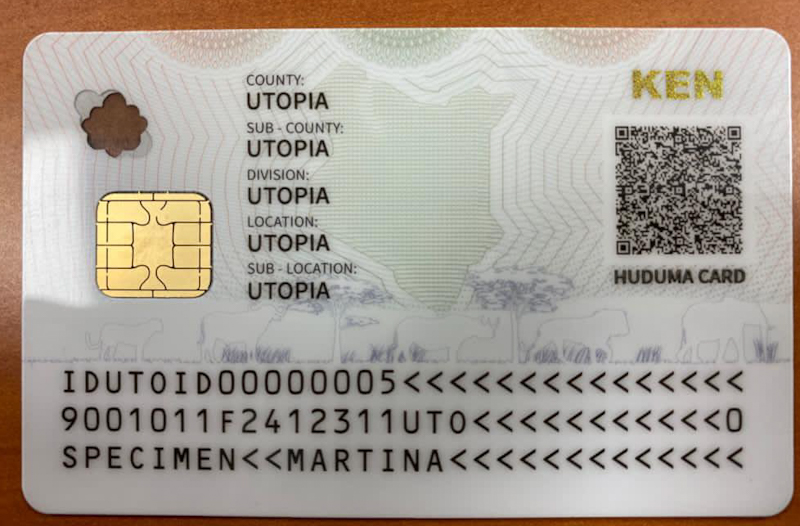The Kenyan High Court has lifted the injunction preventing the government from printing new digital identity cards, known as Maisha Cards.
The court suspended the program in December 2023 due to concerns raised by the Katiba Institute regarding data security and public participation.
In November 2023, the government launched a pilot program for new applicants and replacements, issuing the “Maisha Card” instead of traditional IDs.
Following the court’s decision, the government will resume issuing new cards, prioritising processing existing applications (over 60,000).
“All Kenyans turning 18 in any part of Kenya will be issued a Maisha Card on a trial basis.” This way, we’ll know if there are any flaws or concerns before the final launch,” Prof. Julius Bitok, Permanent Secretary for Immigration and Citizen Services, notes.
However, civil society organisations (CSOs) have raised concerns about the government’s plan to exclusively issue Maisha Cards despite ongoing legal challenges and design flaws.
“This raises the prospect of Maisha Namba grievously disrupting people’s lives and having a profound impact on equity and access to ID cards for many Kenyans, particularly for the about 5 million people who are indiscriminately locked out of or delayed in obtaining national ID cards due to discrimination and millions more who face obstacles like cost or being in rural areas far from registration centres,” said the CSOs in a joint statement.
“It could also create a situation where the Maisha Namba digital ID becomes mandatory to access public and private services, as was the case with Huduma Namba. This would disproportionately disadvantage those who don’t have Maisha cards.”
“We are also concerned that Maisha Namba does not address well-documented flaws under the previous Huduma Namba project and the current citizenship processes that actively discriminate against minority and marginalised communities in Kenya. For people who face challenges, such as ID vetting, distance or accessibility challenges, or even a lack of digital infrastructure, the risk of exclusion is heightened when accessing nationality documents.”
The case regarding the program’s legality will be transferred to the Constitutional Human Rights Division for further hearing.
The Maisha Card will include a unique personal ID number (UPIN) to facilitate access to government services as part of Kenya’s digitalisation efforts.




